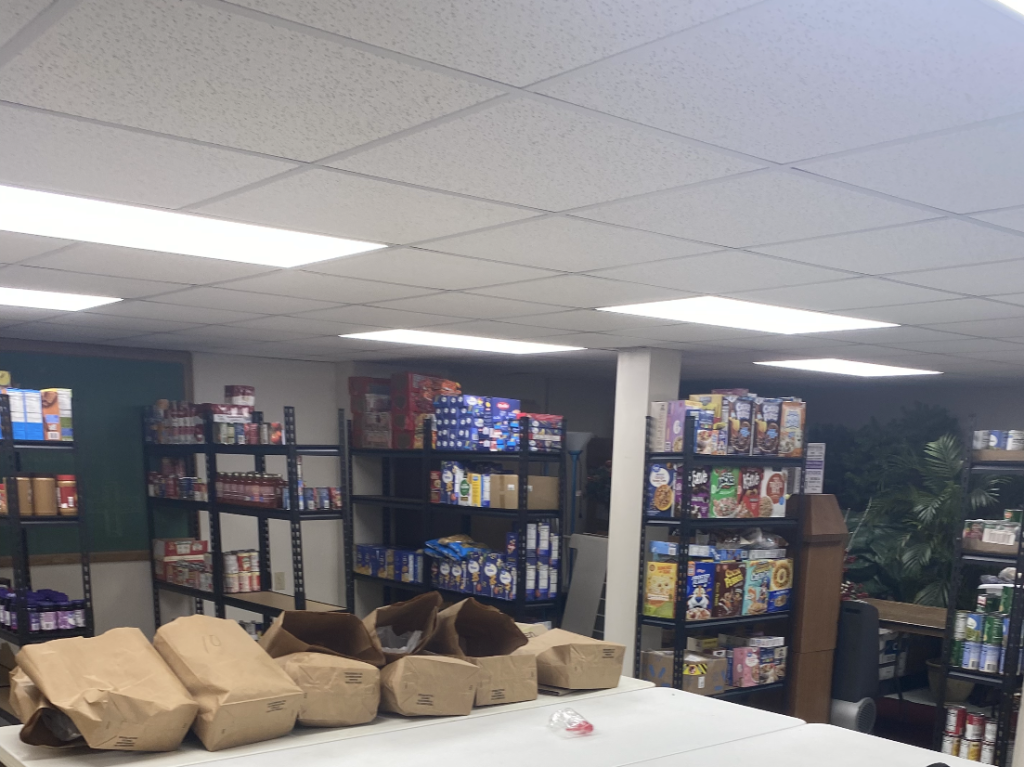The ongoing lack of a state budget and the recent shutdown of the federal government are severely impacting local services in Pennsylvania. As agencies struggle to maintain support for vulnerable populations, significant adjustments are being made, including staff layoffs and alterations to essential services. Approximately 2 million Pennsylvanians are among the 42 million Americans anticipated to lose benefits from the Supplemental Nutritional Assistance Program (SNAP) starting on November 1.
In response to these challenges, two federal judges have mandated government officials to utilize contingency funds to sustain these critical benefits. Despite this ruling, the potential for appeals raises uncertainty for those relying on assistance.
The Fayette County Community Action Agency (FCCAA) is already feeling the strain. Its CEO, Kimberly Hawk, indicated that the nonprofit’s food bank serves around 2,000 households—approximately 3,100 to 3,400 individuals—monthly. “We have had people call who are worried and concerned about the SNAP benefits not being available come November 1, especially from our senior population,” Hawk stated.
The budget impasse has compelled FCCAA to implement temporary measures, such as discontinuing utility assistance vouchers and reducing the contents of food pantry boxes. Home-delivered meals will now occur bi-weekly, with only three frozen meals provided per delivery to ensure families have food for the week. Despite these adjustments, services through the Women, Infants, and Children (WIC) program continue uninterrupted.
Hawk confirmed that 35 staff members have been laid off, with remaining employees working reduced hours. If the budget deadlock persists, further cuts to programs and staffing may be necessary. “We are doing everything we can to maintain essential support for those in need during this uncertain time,” she added.
In contrast, Diana Irey Vaughan, president and CEO of City Mission, expressed a commitment to maintaining services. “Individuals need us now more than ever,” she emphasized. The mission plans to more than double its food distribution capacity on Tuesdays and Thursdays, serving many first-time clients. Irey Vaughan noted that community support is increasing, with local churches organizing food drives to replenish the mission’s pantry.
Similar adjustments are being made at the LeMoyne Community Center, according to its executive director, Teresa Burroughs. “If it’s an eight-hour shift, we’ll have one person come in the morning and work four hours, and another person will come in the afternoon,” she explained. This approach allows the center to maintain productivity while managing reduced hours. Burroughs anticipates a return to full operations once funding is restored and is preparing for the center’s upcoming food bank on November 8.
Resources for those facing food insecurity are available in both Fayette and Washington counties. County Commissioner Larry Maggi has urged individuals who do not require assistance to consider volunteering or donating. “We are going to have to work together to make sure no one goes hungry during these trying times,” he said.
Fayette County residents seeking emergency food assistance can contact the FCCAA at 724-437-6050, which can also provide information on local pantries. The Greater Washington County Food Bank offers services at several locations, including Southpointe and Centerville Pantry. Monetary donations can be sent to Food Helpers at 1000 Horizon Vue Drive, Suite HQ1D15, Canonsburg, PA 15137.
The distribution schedule for the Greater Washington County Food Bank’s Community Outreach Program includes various locations throughout the month. Pre-registration is required, but walk-ups are welcomed. Emergency food help is also accessible via PA 211 by dialing 211 or texting a zip code to 898-211.
As the situation evolves, local agencies strive to adapt and provide essential services to those in need, demonstrating resilience in the face of significant fiscal challenges.







